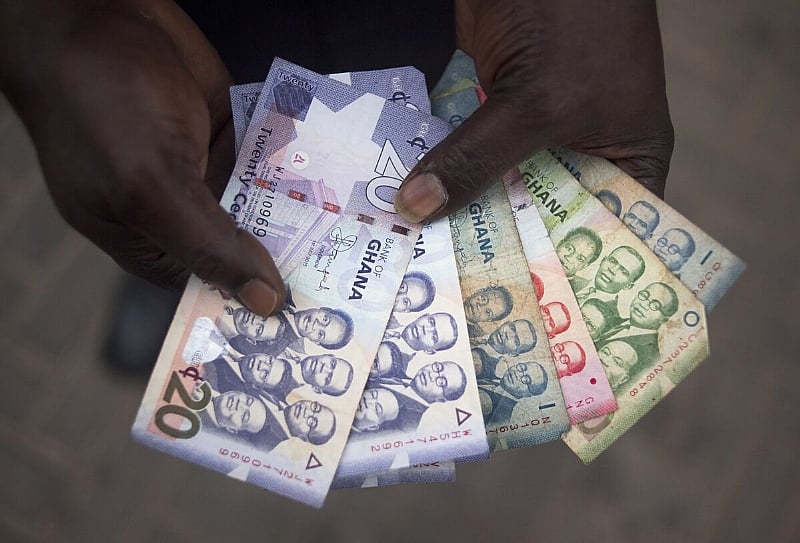The Ghanaian cedi experienced a slight depreciation against the United States dollar as of Tuesday, April 1, 2025, reflecting the ongoing fluctuations in the foreign exchange market. Data compiled from Cedirates.com, a reliable source for currency information in Ghana, indicates a buying rate of GHS15.40 per dollar and a selling rate of GHS15.84. This marginal decline suggests a relatively stable exchange rate environment, although the slight weakening of the cedi could have implications for import prices and overall inflation. The data highlights the nuanced variations in exchange rates across different market segments, from forex bureaus to interbank trading and digital transactions, reflecting diverse market dynamics and transaction costs.
Forex bureaus, which cater primarily to individual customers and smaller businesses, offered slightly different rates. Individuals looking to exchange US dollars for Ghanaian cedis could obtain a rate of GHS15.60 per dollar, while those converting cedis into dollars faced a rate of GHS16.00 per dollar. This difference, known as the spread, represents the bureau’s profit margin and reflects the costs associated with facilitating these transactions. The wider spread at forex bureaus compared to the interbank market underscores the higher transaction costs associated with retail currency exchange.
The interbank market, where larger financial institutions trade currencies, witnessed a tighter spread. The buying rate for the US dollar stood at GHS15.52, while the selling rate was GHS15.54. This narrower spread reflects the larger transaction volumes and lower relative costs associated with interbank trading. The interbank market plays a crucial role in setting the benchmark exchange rates for the broader economy, influencing the rates offered by forex bureaus and other financial institutions.
Exchange rates for other major currencies, the British pound and the euro, also exhibited variations across different platforms. The average exchange rate for converting British pounds to Ghanaian cedis was GHS19.84, while converting cedis to pounds averaged GHS20.53. Similarly, the euro traded at an average of GHS16.53 for exchanging euros for cedis and GHS17.19 for converting cedis to euros. These rates, sourced from Cedirates.com, represent an aggregate view of the market, reflecting the rates offered by various financial institutions. On the Bank of Ghana interbank market specifically, the British pound was selling at GHS20.11, and the euro was trading at GHS16.82, indicating slightly different market dynamics within the interbank segment.
Money transfer services, which cater to the needs of individuals sending remittances to Ghana, offered competitive exchange rates. LemFi and Afriex, two prominent players in the remittance market, offered rates of GHS15.39 and GHS15.05 per dollar, respectively, for transfers from the US or the UK to Ghana. For the British pound, LemFi provided a rate of GHS19.94, while Afriex offered GHS19.98. For the euro, Afriex offered a rate of GHS16.71, while LemFi’s rate stood at GHS16.65 per euro. These competitive rates underscore the growing importance of money transfer services in facilitating cross-border transactions and their role in influencing the overall foreign exchange market.
Digital subscription payments for services like Netflix, Spotify, and Apple Music, using Visa and Mastercard, were subject to an exchange rate of GHS16.64 for both card networks. This standardized rate for digital transactions likely reflects the processing fees and other costs associated with international card payments. The slightly higher rate compared to some other market segments highlights the specific cost structure of digital transactions and the complexities of international payment processing. The information presented provides a comprehensive overview of the Ghanaian cedi’s performance against major international currencies on April 1, 2025, showcasing the dynamic and multifaceted nature of the foreign exchange market and its impact on various segments of the economy.


